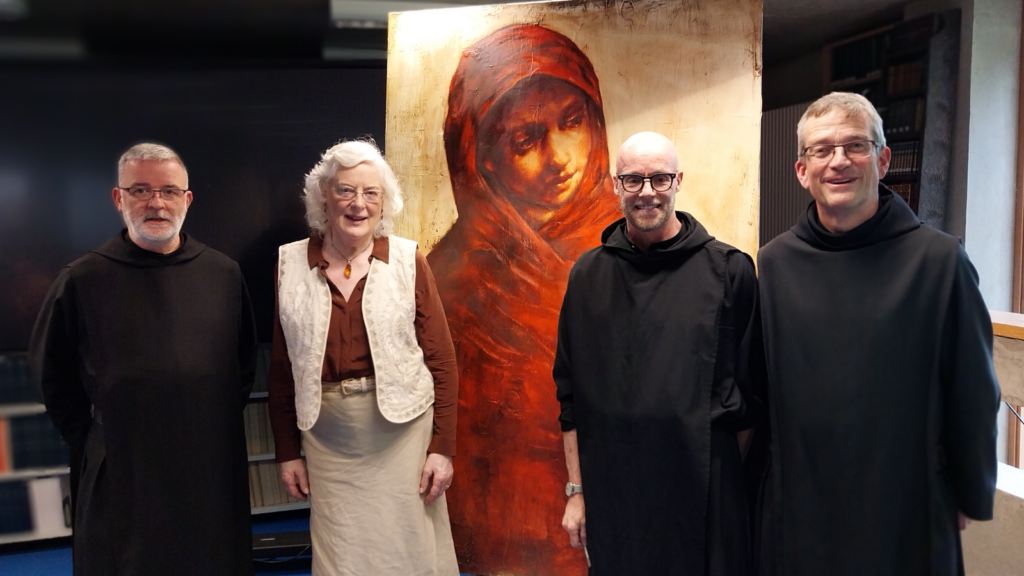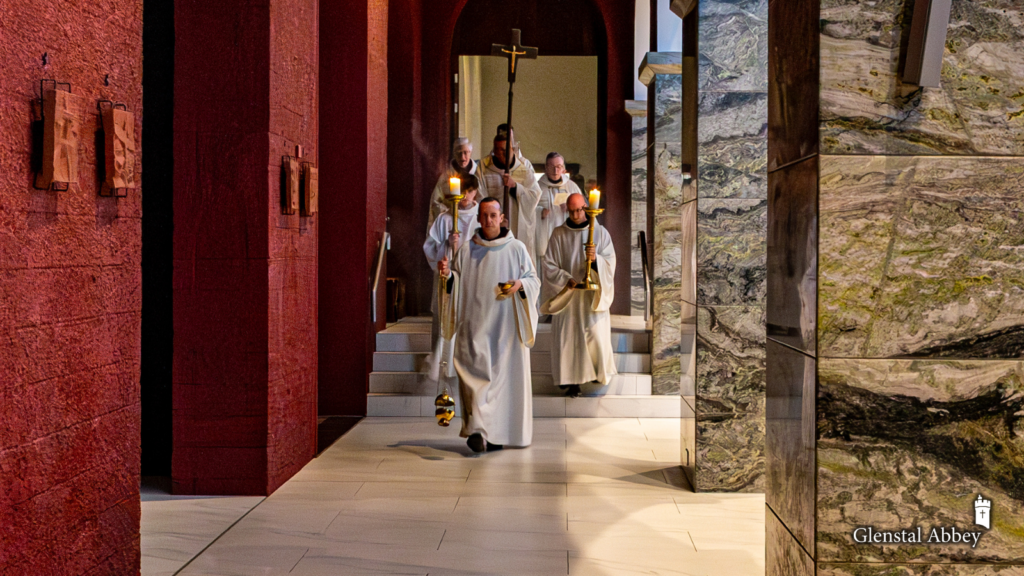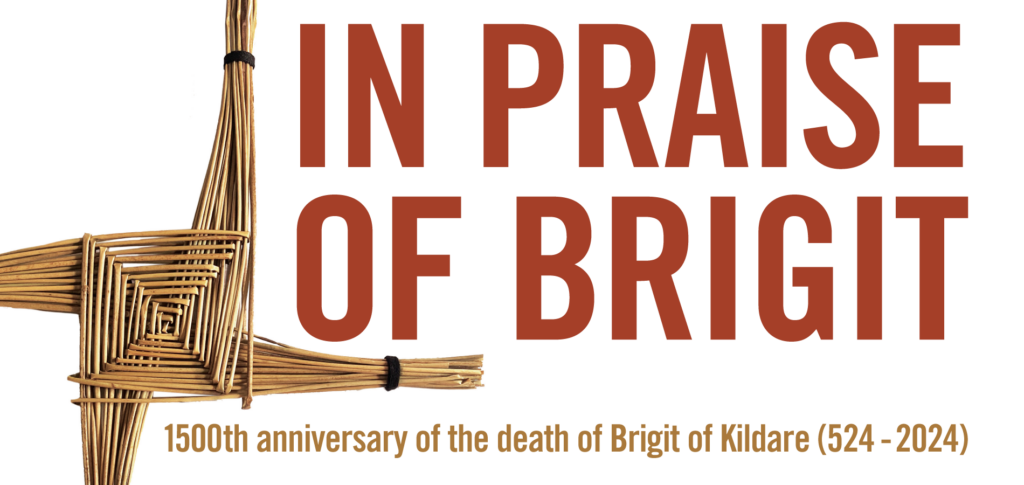Fr John O’Callaghan OSB
Today’s gospel asks a question that we all have to answer, many times
throughout our lives, and it is not by words but by actions that we answer: Christ asks ‘Who do you say I am?’ So, let us consider how relevant is Christ, and discipleship, to ourselves in particular? One might think one’s parents and friends, a rugby coach and a music teacher are all I need. In the future would not a marriage partner, a friendly bank manager and a few golfing buddies be entirely sufficient?
In Jesus’ own time lots of people questioned his relevance: some were
astonished by the authority of his words, but they would nonetheless dismiss him with a sarcastic rhetorical question: ‘Is not this the son of the carpenter?’ Others saw him as religious and indeed political threat to their own position. Some dismissed him completely as deranged, possessed by a devil. And Peter did not do much better! Although he recognised Jesus as a messiah, he had a very different view of messiahship than Jesus. He wanted a social and political one, who would expel the Roman army from Jerusalem. As today’s gospel
reveals, for Peter it was absolutely out of the question that the messiah would endure the physical suffering and public humiliation of crucifixion. Jesus had a different idea: “Get behind me Satan. The way you think, Peter, is not God’s way but man’s!”
But those who dismissed Jesus as irrelevant or a danger did not have the benefit of encountering the Risen Christ! They hadn’t an inkling of his future resurrection. And that changed everything! The resurrection of Christ was not only the indisputable divine seal of approval of Christ but it shows that God has the last say in what survives; and it demonstrates that Christian discipleship opens onto eternity. The followers of Christ are called into a relationship with him that is not only to transform their present life, but also introduces us into a new one. Following Christ calls us actually to be heroes now, not shrinking form suffering, not sinking back from a tough challenge, so that we can claim a final victory. We all know heroes – perhaps in our own entourage, but also elsewhere. The Olympic games were full of a type of hero. We see and admire such people, especially the para-Olympic champions, who overcame particularly demanding odds. We also encounter them in hospitals and cancer wards; people rising to the very best in themselves, surpassing themselves in courage, often upheld by the love of others and faith in God’s love.
Christian heroes are prepared to be generous, to love beyond their comfort zone, to be truthful and thus courageous; they forego the soft options that cowardice can invite us to take. The do not allow suffering to direct their lives. Easier said than done! but it is our Christian way. Young people and adults who rise to it are saints – which we are all called to be. What would a life be if we were only egocentric, selfish and cowardly? Profoundly boring and achieving nothing! If you make yourself the end of all that is the end of you! But the relationship with our brother Jesus Christ fills us with courage and generosity even now and promises a brighter future. We Christians are called to move mountains in society, in our personal lives, to stand up for what is right and true. It is in that struggle that true peace can come into being, in place of an apparent peace, beneath which lie hidden hypocrisy and all kinds of weakness and conflict.
Jesus did not avoid the challenges, and he warned us of them but he added: ‘Come to me, all you who labour and are heavy burdened, and I will give you rest. Shoulder my yoke and learn from me, for I am gentle and humble in heart, and you will find rest for your souls. Yes, my yoke is easy and my burden light’. May he help us all to take up whatever cross we may be carrying and follow him to victory!





